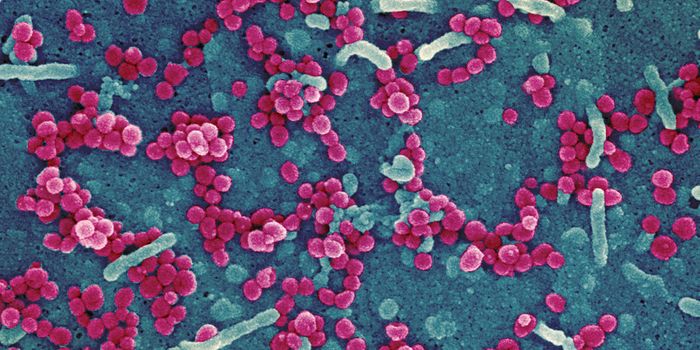As Many as 20% of Patients Would Benefit From Pharmacogenetic Testing
Researchers have suggested that a simple genetic test could be a huge benefit to public health; it could tell clinicians whether a drug would be more effective if given to a patient in a different dose, or whether the patient needs to be monitored for side effects, for example. Pharmacogenetics is the study of how a person's genetics affects their response to drugs.
After analyzing data on prescriptions in the United Kingdom, researchers determined that four million UK patients could benefit every year if they were genetically tested before being prescribed common medications including antibiotics, antidepressants, painkillers, and stomach ulcer treatments. The study, published in the British Journal of Pharmacology, focused on 56 medications that have known drug-gene interactions and determined that in about one in five cases, international guidelines would recommend that a doctor or pharmacist change the prescription in some way.
That might involve prescribing the patient a lower or higher starting dose than normal, or being monitored carefully, whether by blood tests or with other means as the drug regimen was in the early stages. The study estimated that in about nine percent of cases, the dose would be altered or a completely different drug would be recommended - for the UK alone that would impact about five million prescriptions.
"We know over 95 percent of the population carry a genetic marker that predicts an atypical response to at least one medicine," explained Essra Youssef, a research pharmacist at the University of East Anglia's School of Pharmacy. "Our study looked at nine of these genetic markers, affecting 56 medicines that are commonly dispensed by community pharmacies in the UK. The most common of these are weak opioids, antidepressants, and proton-pump inhibitors, which are prescribed to reduce stomach acid."
Pharmacogenetic services that are in use in the Netherlands have indicated that clinicians that are trained to use these tests can apply the results to obtain better outcomes for patients.
"We wanted to see how pharmacogenetic testing, before being prescribed common medicines, could benefit patients. We found that around four million patients annually in the UK could benefit from having this new technology," added Youssef. "Better selection of medicines based on a patient's genetic information could mean less side-effects and better treatment outcomes.
"It could also reduce hospital visits related to side effects of medicines. The testing process is quite simple in most cases, with a cheek swab sample collected and DNA analyzed for genes related to medicines."
"We strongly believe that pharmacy has a key role to play supporting the wider accessibility and use of pharmacogenomics," noted Marc Donovan, Chief Pharmacist at Boots UK.
Sources: AAAS/Eurekalert! via University of East Anglia, British Journal of Pharmacology









